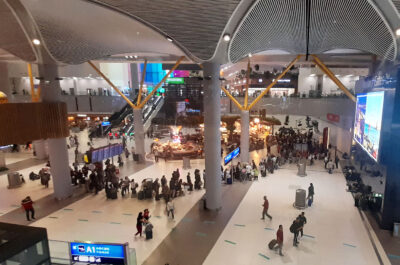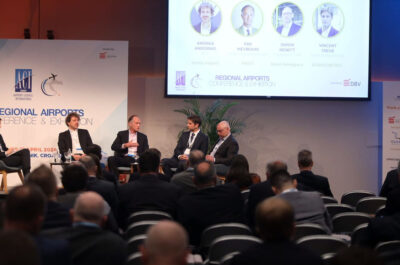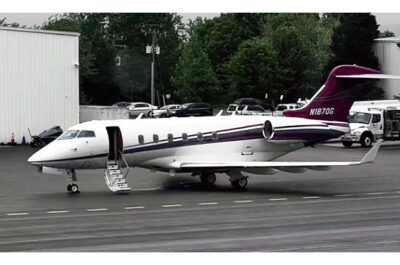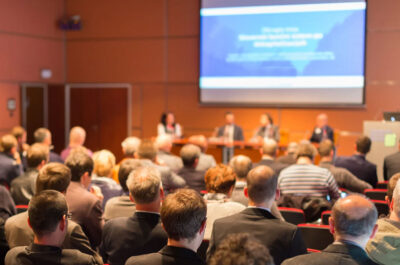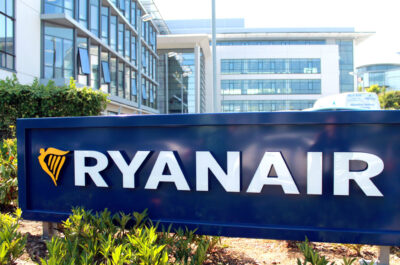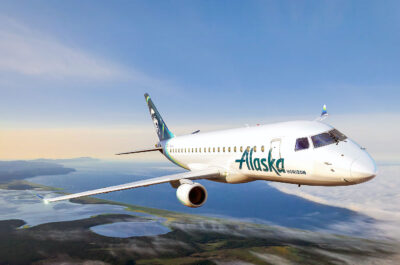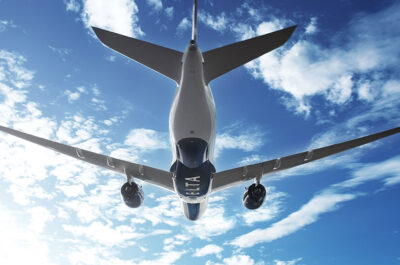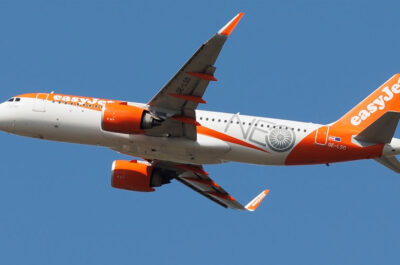European Airports face a caparcity problem, and with aviation being one of Europe's most competitive sectors, this issue needs to be addressed.
The 10 key facts and figures
- Airports matter – almost 800 million passengers used EU airports in 2010, a third of the world market, almost three times more than when air traffic was liberalised in the early nineties.
- Aviation is one of Europe’s most competitive sectors. Airports are a vital part of our aviation system and airports are increasingly important to our economy. Europe has for historic and geographical reasons established a strategic position as an aviation “hub” for the world.
- But competition is increasing. Half of the world’s new traffic added during the next 20 years will be to, from, or within the Asia Pacific region. Over the next five years, air transport growth will be driven mainly by regions like Asia Pacific, the Middle East and Latin America.
- Faced with intense global competition, there are two major challenges facing European airports: capacity and quality.
- Europe’s airports are facing a capacity crunch. Air traffic in Europe will nearly double by 2030. Yet Europe will not be in a position to meet a large part of this demand due to a shortage of airport capacity.
- Already today 5 major European airport hubs are at saturation – operating at full capacity: Düsseldorf, Frankfurt, London Gatwick, London Heathrow, Milan Linate (Eurocontrol).
- By 2030, on current trends 19 key European airports will be at saturation, including for example, Paris CDG, Warsaw, Athens, Vienna and Barcelona1. The resulting congestion could mean delays affecting 50% of all passenger and cargo flights.
- Airport capacity must be optimised. Also, noise restrictions must be proportional to the identified noise problem.
- Quality and efficiency of services at airports must be improved. Today, 70% of all delays to flights are already caused by problems due to the turn around of aircrafts at airports (delays caused by airlines or their ground-handlers, airports or other parties involved in the turn around process).
- The overall quality of ground-handling services has also not kept with evolving needs especially in terms of reliability and resilience, safety and security. Disruptions experienced have shown the need for increased coordination of ground operations for European airports and the network as a whole (knock-on effects) so as to ensure continuity of airport operations.
To face these challenges, the European Commission has adopted a policy document and three legislative proposals:
- to help tackle a shortage of capacity at Europe’s airports;
- to improve the quality and efficiency of ground-handling services; and
- to improve the transparency of the decision making process on noise restrictions.
Tatiana is the news coordinator for TravelDailyNews Media Network (traveldailynews.gr, traveldailynews.com and traveldailynews.asia). Her role includes monitoring the hundreds of news sources of TravelDailyNews Media Network and skimming the most important according to our strategy.
She holds a Bachelor's degree in Communication & Mass Media from Panteion University of Political & Social Studies of Athens and she has been editor and editor-in-chief in various economic magazines and newspapers.















